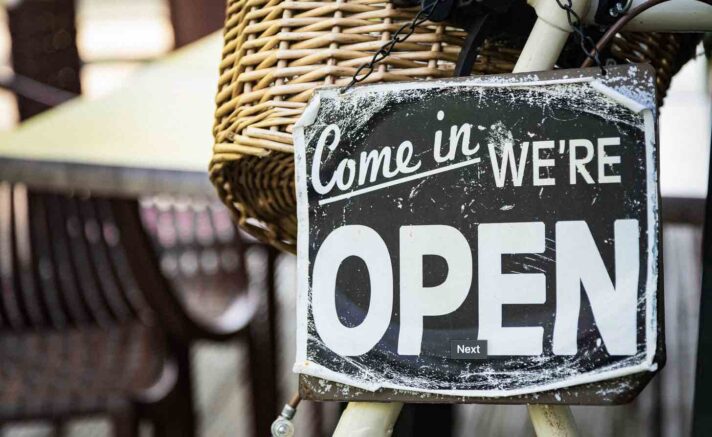DISCLAIMER: You should read this first.
___
“Let us suppose now that one day a helicopter flies over this community and drops an additional $1,000 in bills from the sky, which is, of course, hastily collected by members of the community. Let us suppose further that everyone is convinced that this is a unique event which will never be repeated.”
-Milton Friedman
___
Within the next two weeks most US citizens should receive a check for $1,000.

As crazy as that may sound, giving money to people is one of the actions the US government is looking to take in order to stimulate the economy. Almost like a defibrillator for a heart attack victim.
Let’s put away the reasoning about why it would make sense to just give out money. That would start a whole debate about Keynesian economics, which argues that you could just bury money in the ground and have people dig it up as a function of the economy.
The estimated cost to send out these checks and other stimulus expenses adds up to over a trillion dollars. TRILLION. Where do you think all of that money is going to end up?
Well, for starters, I’m going to take a wild guess and say that the vast majority of wage earners are not the savviest of investors. More politely said, I don’t think that those $1,000 checks are going to the stock market, savings accounts, or buried in the back yard. Those checks will be spent on groceries, rent/mortgages, and consumable products.
Those checks will be mostly spent right away. Instead of the government just giving money to companies and entrepreneurs, they are giving the money to the spenders to do it for them.
There’s just one problem. Everyone is going to be stuck in their homes. It’s not like everyone is going to run to the local mall and shop all day. People aren’t going to any of the normal places where they can spend money. Restaurants, bars, department stores, theme parks, casinos, and pretty much any location that can suck money out of your pocket is going to be closed.
However, there is a huge opportunity for entrepreneurs who want to set something up online. And if you start within the next day or two, you’ll probably have plenty of time to launch a whole business… or at least a short lived special situation money printer.
Here are the three best ways to do this:
- Set up an e-commerce store and pay for some advertising. I’m not going to explain how to do this, as you can just search the millions of how-to guides that exist on this topic. Wether you’re selling an actual product that you ship yourself or you drop ship, there are going to people buying. What exactly will they be buying? Who knows. That’s for you to predict.
- Set up an affiliate account and start advertising for other people. One of the easiest ways to do this is to use ClickBank. There are dozens of videos on YouTube that explain how to do this. Basically, you just create ways of selling other people’s products, then you get an affiliate fee. This normally requires placing ads across social media and/or creating your own content site.
- Set up a service based business. Maybe you do deliveries for special items, or provide special services for people’s homes, or provide outsourcing services. If all of that sounds vague, that’s because you can pretty much do anything. The key is that you’re going to have to effectively advertise on digital platforms that almost all of America will be staring at for the next several weeks (months?).
If all three of these options sound ridiculous, think again. I know multiple people in each of those categories who make big money. Tens of millions per year. And the start up costs are next to nothing, as long as you have a computer and lots of coffee.
Just a month ago in China, e-commerce sales doubled, tripled, and quadrupled for many retailers compared to the same time last year. “Sales of fresh food on JD.com, which is partly-owned by Tencent, jumped 215% to almost 15,000 tonnes during the 10-day period to Feb. 2.”
In the US, online health products “sales have increased 52% compared with the same time frame a year ago, and the number of online shoppers has increased 8.8% since the coronavirus began…” And that doesn’t take into account the last couple of weeks since the pandemic has worsened.
This has happened before during the SARS crisis when Alibaba and JD.com grew significantly in 2002 and 2003.
Of course, you can also play this opportunity by just buying public shares of companies like Shopify, Mercado Libre, Amazon and any of the other big names. Problem is that many of those companies are already priced with this into consideration.
Sometimes the most obvious opportunities are the best ones to pursue. Especially when there is such a massive volume of market to address.




